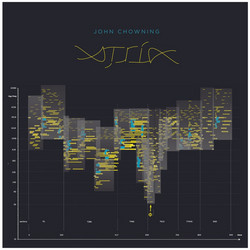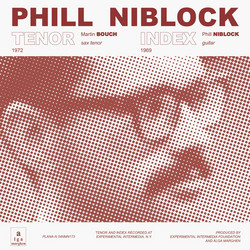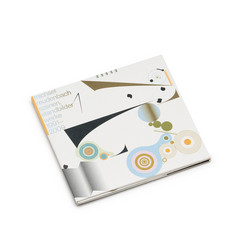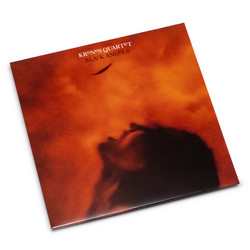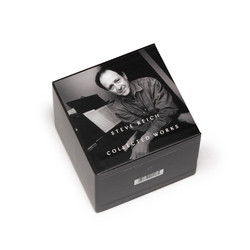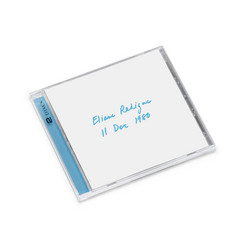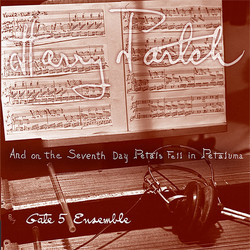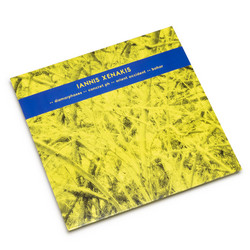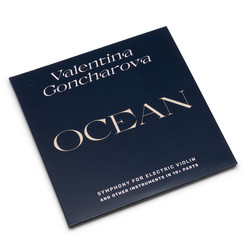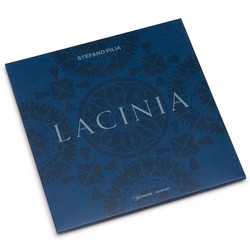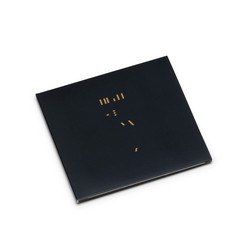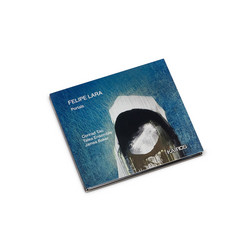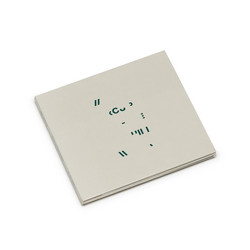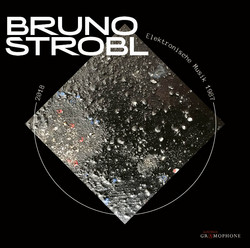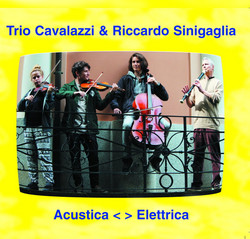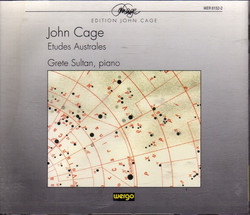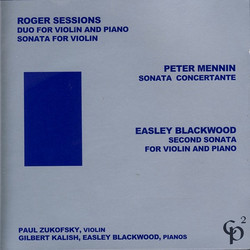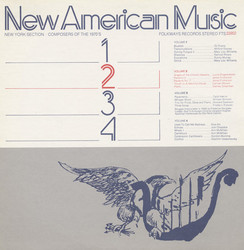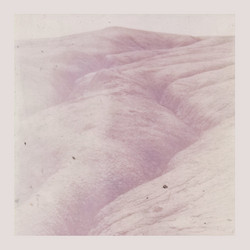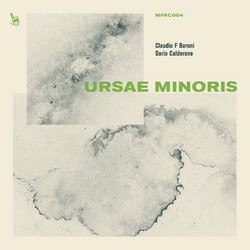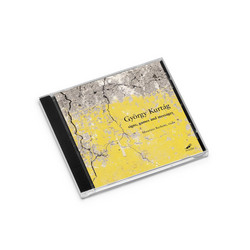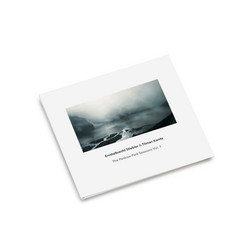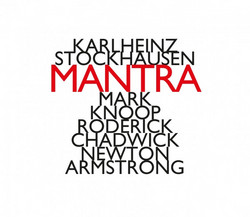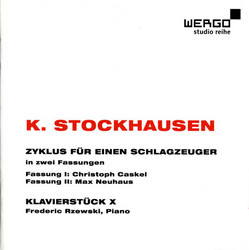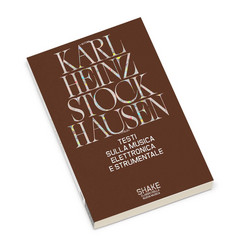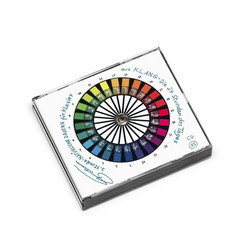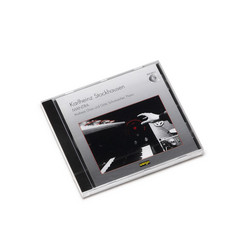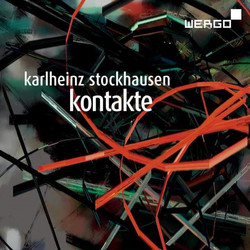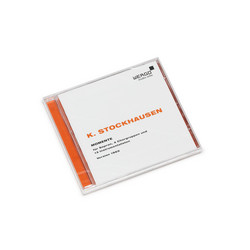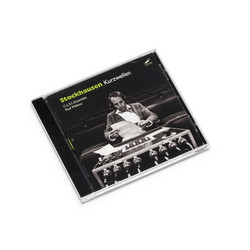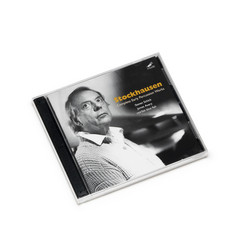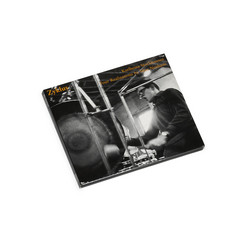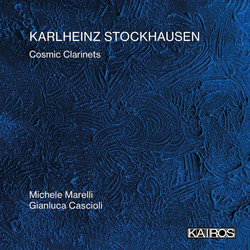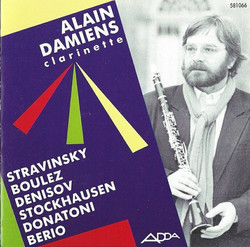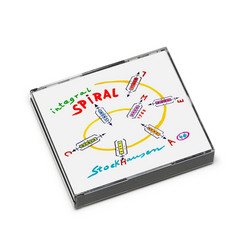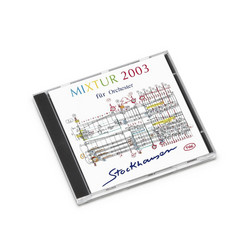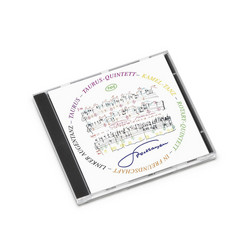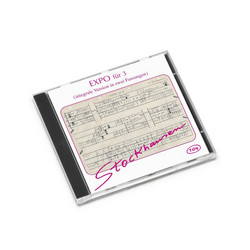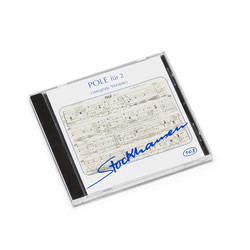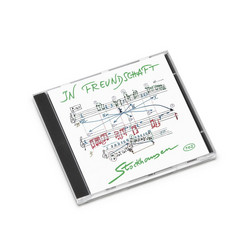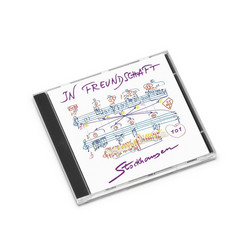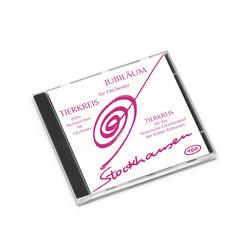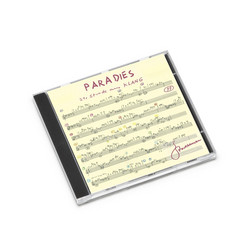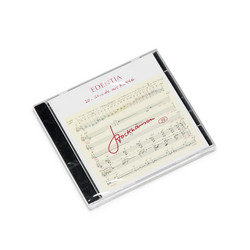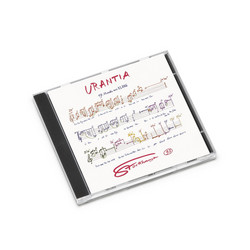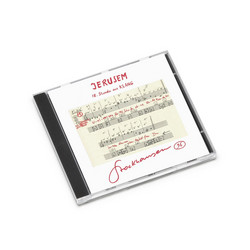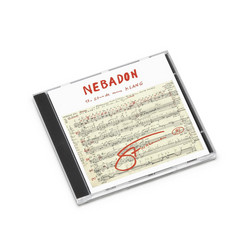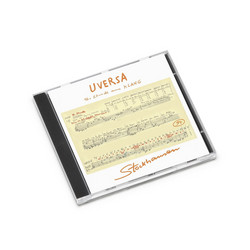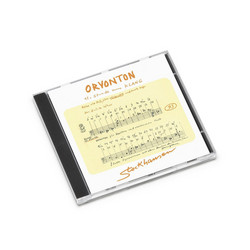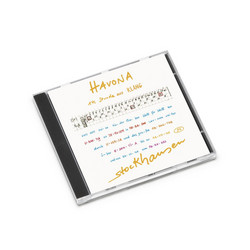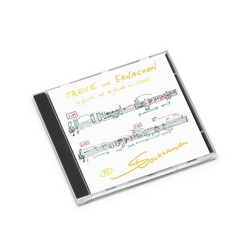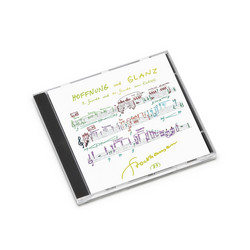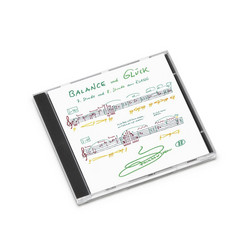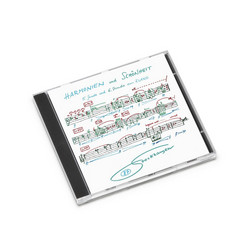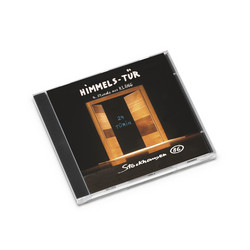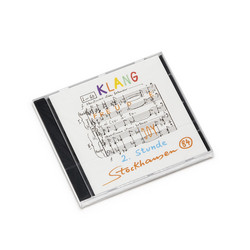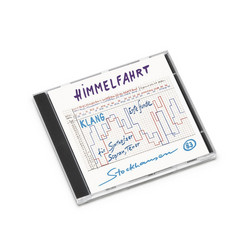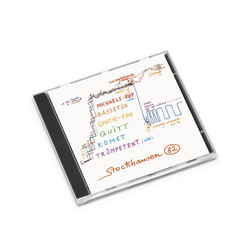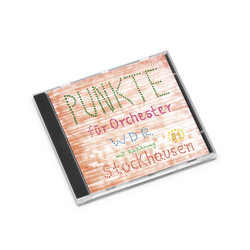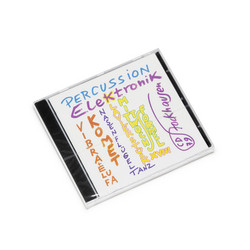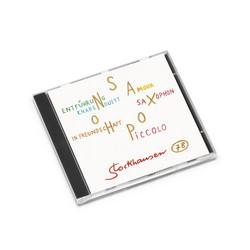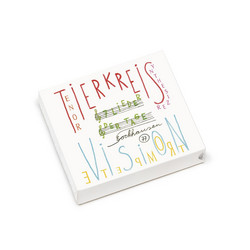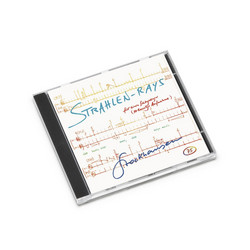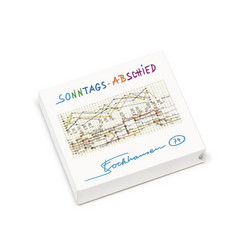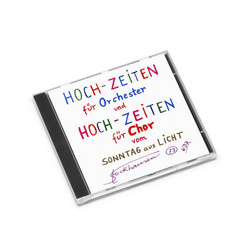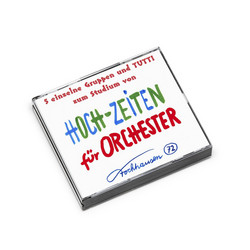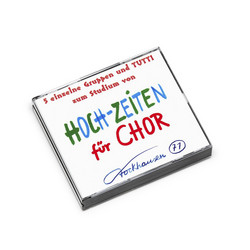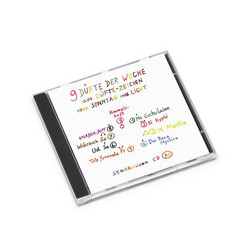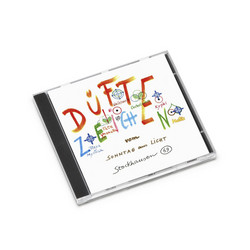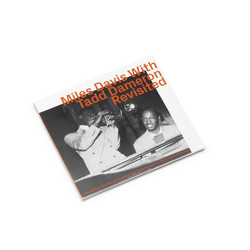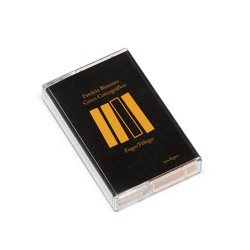Karlheinz Stockhausen
Donnerstag Aus Licht (4CD Box)
Karlheinz Stockhausen – “Donnerstag aus Licht” (“Thursday from Light”); opera in three acts, a greeting and a farewell for 15 musical interpreters (4 solo voices, 8 instrumental soloists, 3 solo dancers), chorus, orchestra and magnetic tapes (1978 – 1980) " It arises in a silvery, calm motion of wind instruments – obviously preparing us for something of importance and vast durations. It is “Donnerstag-Gruss” (“Thursday Greeting”); the start of “Donnerstag aus Licht” (“Thursday from Light”); the first completed opera in Stockhausen’s opera cycle “Licht” (“Light”). In this very first part of “Donnerstag” the Michael formula melody is introduced. “Donnerstag-Gruss” is divided into three parts called “Michaels Gruss I – III” (“Michael’s Greeting I – III”). The second part – “Michael’s Gruss II” introduces some percussion in addition to the pure wind ensemble of “Michael’s Gruss I”. It also prescribes some of the blowing mouth sounds that Stockhausen often incorporates into his wind music. The music takes on a gamelan feeling at times, where the percussion is treated in a way similar to the liturgical Gong Gede of the Batur temple of Bali, while the trumpet soars in the atmosphere of for example Miles Davis!
“Michael’s Gruss II” winds down into a slower revolution, before stopping and giving room for “Michael’s Gruss III”, where percussion has an even more prominent role, and a piano is introduced, further enriching the sound web of the third greeting of Michael. The music stops all of a sudden with a short, strong outburst. “Donnerstag-Gruss” is to be performed by an ensemble placed outside the hall, in the foyer, really greeting the audience. And ah! If you’re listening in fall time, the trumpets and the horns and the trombones and the tuba are the leaves of the maple trees; the yellow, gold and brown light in the leafy crowns and on the ground around the trunks! Clear, fresh – refreshing; and in awe of something much greater to come: the wonder of rest and recuperation, and new life budding inside the crevasses… and the piano; the steel eyed droplets of morning dew reflecting the hard shine of the sun star rising in the East! The clarity of the stillness inside the sound: a canoe across a calm lake of Scandinavian October…
After the greeting the story begins. “Licht” – with its seven operas (the last of the works; “Sonntag aus Licht” being composed as of now, as Stockhausen has worked intensely on the choral part called “Angel Procession”, the score for the choir recently having been completed) - is a giant, all-encompassing “Gesamtkunstwerk”, contrasting the main forces of the Universe and Life against each other. Michael Kurtz says in his book “Stockhausen – A Biography”, that “Licht” is “Stockhausen’s attempt to create a cosmic world theatre that summarizes and intensifies his lifelong concern: the unity of music and religion, allied to a vision of an essentially musical mankind. Stockhausen’s world theatre is enacted not only on Earth, for the plot also unfolds in the world beyond. It considers the destiny of mankind, the Earth and the Cosmos, in conjunction and confrontation with the spiritual essences Michael, Lucifer and Eve. Michael, the ‘Creator-Angel of our universe’, represents the progressive forces of development. Lucifer is his rebellious antagonist, and Eve works towards a renewal of the ‘genetic quality’ of humanity through the rebirth of a more musical mankind.” There are certain characteristics pertaining to the seven days of “Licht”; each represented by its own opera. Stockhausen extracted and refined these characteristics and the divinities associated to the days from different cultures and traditions, much in the way he’d done in earlier works like “Stimmung” etcetera, but this time around in much greater depth, with much greater implications, placing “Licht” in a unique position in the field of contemporary music.
To summarize the “Licht” week in rough terms, the days can be distinguished as follows: Monday is Eve’s day, Tuesday is the day of confrontation between Michael and Lucifer, Wednesday is the day of collaboration between Michael, Eve and Lucifer, Thursday is Michael’s day, Friday is the day of Eve’s temptation by Lucifer, Saturday is Lucifer’s day and Sunday is the day of mystical union of Michael and Eve. Michael can be seen as the protective angel of the Earth and mankind. This is by special arrangement by Stockhausen, since by earlier tradition Gabriel was the protective angel of Earth, whereas Michael had his realm around Jupiter. Stockhausen has switched their places in “Licht”." (Excerpt from Ingvar Nordin / Sonoloco extensive review)
